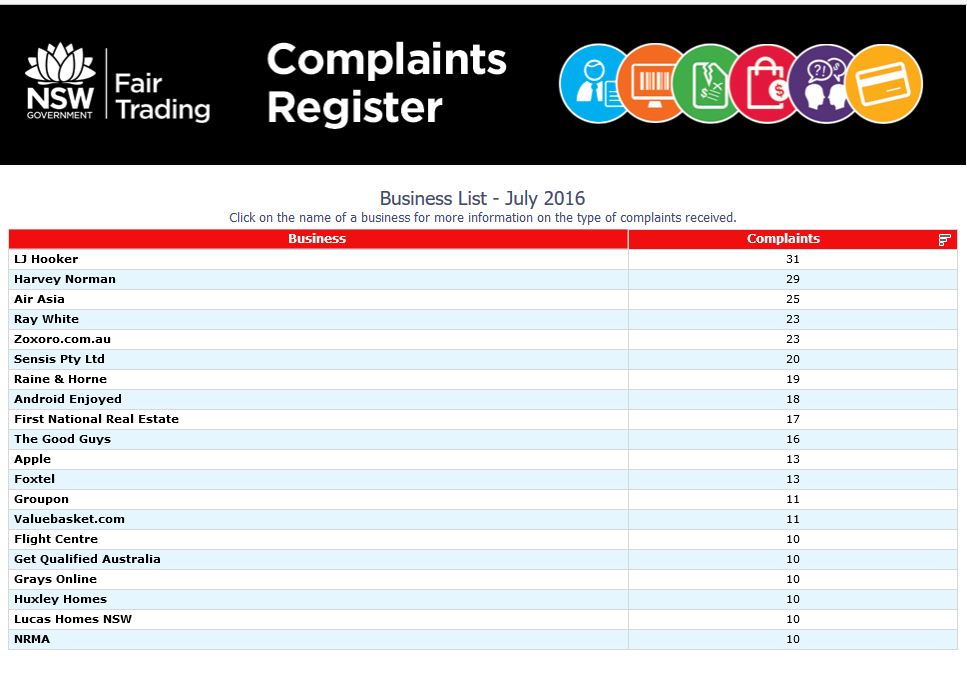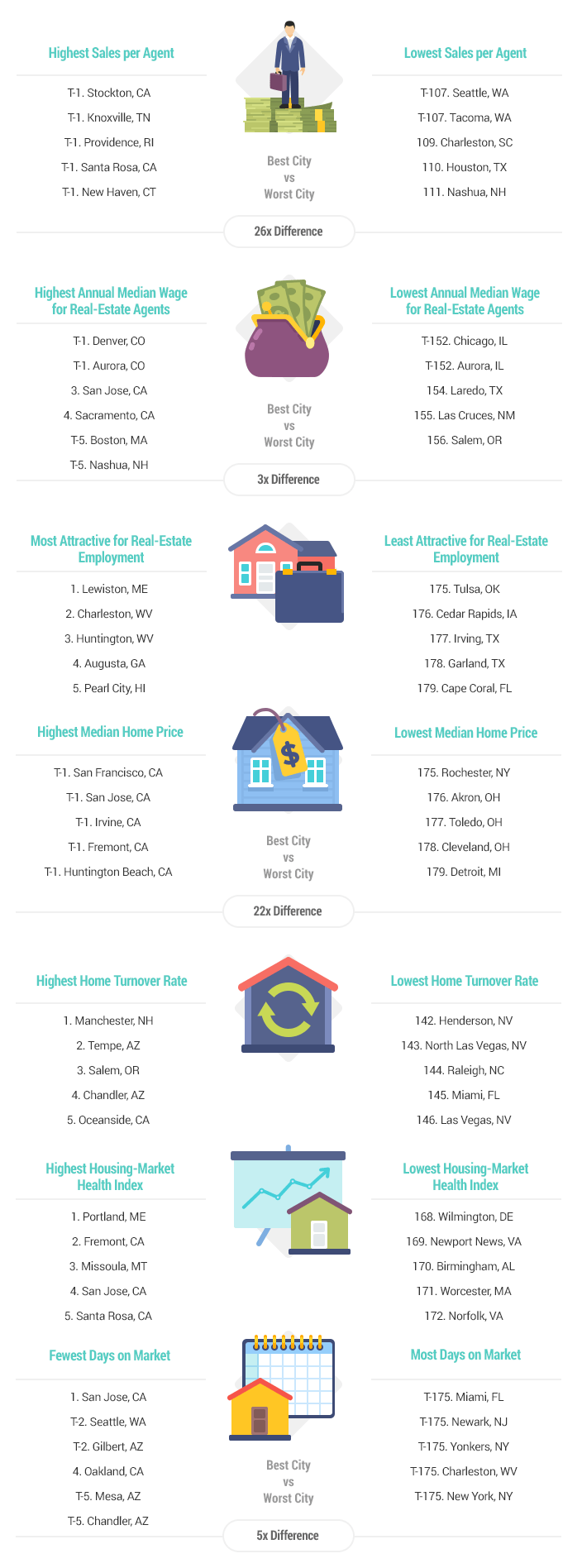
Both stocks and real estate can be excellent investments. However, each has its own advantages and disadvantages. Here are some of the key differences between them: Liquidity. Risks. Location. And Profits. If you are looking for a long-term passive income stream, investing in real estate might be a better choice. Real estate has the potential to appreciate significantly and also offers passive income. Stocks on the other side are susceptible to inflation, market, and economic risks. Buying stocks does not require a large cash injection, but they can be bought and sold easily.
Profits
There are many advantages to investing in real property. For starters, real estate can create cash flow. Cash flow is the money left after expenses are paid. Rental income is a great way to offset expenses and make extra money. The longer you own a property, the stronger your cash flow will be. There are a number of tax deductions and tax breaks available for real estate. These tax breaks can include deducting reasonable expenses related to ownership or operation.
Investing is real estate gives investors the freedom they seek. You can gradually build your portfolio and rent the income to supplement your income. Fixed-and-flip profits can also be your main source income. Real estate gives you the flexibility and freedom to manage your properties according to your schedule. You are also your boss. There are no time limits and no salary caps when working in this field.

There are risks
It is important to know the differences between stocks and real estate investing. Stocks are more volatile than real estate. Real estate is less likely to lose capital because you can use the land as collateral. Stocks, on the other hand are more liquid so you can cash in at any time. Additionally, dividends can be a source of income for stocks. Stock prices fluctuation can lead to emotional decisions. Investors need to be aware.
Additionally, there is a higher chance that you won't see an improvement in your returns. Stocks have an average return of 10% a year, while real estate typically returns three to four percent. You will still see a 20% annual return if you have at least 20% equity in the property. This is far more than what you would get from stocks. It is difficult to find properties with high values that you can sell for less than what they were worth. Further, you could face a tax penalty if you sell your property in a short period of time, which is also higher than the real estate market's normal return.
Liquidity
Liquidity is the ease at which an investor can turn their investment into cash. Stocks are more liquid and can be sold at regular market hours. While it may take a few days to sell an entire position in stocks, investors can get their money when they want. In contrast, real estate investments are not so liquid, and it may take many years for them to appreciate in value.
Real estate investing also has the advantage of generating income rather than capital gains. This makes the whole process easier. The income component also automatically increases with inflation. This allows investors to spend their real-estate profits faster. Another benefit of investing in real estate is that it is less volatile. Withdrawals from this type of investment are more secure, and less likely to be affected short-term volatility. No matter what your preferences are, there is a strategy to suit you.

Location
Direct investment in real estate isn't for everyone. If you are looking to create a balanced portfolio, real estate should be considered along with stocks. It is simple to invest in the stock market and manage it. Also, investing directly in real estate is far less risky and more profitable than investing in index funds. Here are some tips for investors who are considering real estate investments.
FAQ
What is the maximum number of times I can refinance my mortgage?
It depends on whether you're refinancing with another lender, or using a broker to help you find a mortgage. You can refinance in either of these cases once every five-year.
Is it possible for a house to be sold quickly?
It may be possible to quickly sell your house if you are moving out of your current home in the next few months. However, there are some things you need to keep in mind before doing so. First, find a buyer for your house and then negotiate a contract. You must prepare your home for sale. Third, advertise your property. Finally, you need to accept offers made to you.
What is a reverse mortgage?
A reverse mortgage is a way to borrow money from your home without having to put any equity into the property. It works by allowing you to draw down funds from your home equity while still living there. There are two types of reverse mortgages: the government-insured FHA and the conventional. If you take out a conventional reverse mortgage, the principal amount borrowed must be repaid along with an origination cost. FHA insurance covers your repayments.
What should I look out for in a mortgage broker
People who aren't eligible for traditional mortgages can be helped by a mortgage broker. They shop around for the best deal and compare rates from various lenders. Some brokers charge a fee for this service. Others offer no cost services.
Can I get a second loan?
Yes, but it's advisable to consult a professional when deciding whether or not to obtain one. A second mortgage is usually used to consolidate existing debts and to finance home improvements.
Statistics
- This seems to be a more popular trend as the U.S. Census Bureau reports the homeownership rate was around 65% last year. (fortunebuilders.com)
- 10 years ago, homeownership was nearly 70%. (fortunebuilders.com)
- Based on your credit scores and other financial details, your lender offers you a 3.5% interest rate on loan. (investopedia.com)
- The FHA sets its desirable debt-to-income ratio at 43%. (fortunebuilders.com)
- Private mortgage insurance may be required for conventional loans when the borrower puts less than 20% down.4 FHA loans are mortgage loans issued by private lenders and backed by the federal government. (investopedia.com)
External Links
How To
How to buy a mobile home
Mobile homes can be described as houses on wheels that are towed behind one or several vehicles. They were first used by soldiers after they lost their homes during World War II. People who live far from the city can also use mobile homes. These homes are available in many sizes and styles. Some houses can be small and others large enough for multiple families. There are even some tiny ones designed just for pets!
There are two main types of mobile homes. The first type of mobile home is manufactured in factories. Workers then assemble it piece by piece. This is done before the product is delivered to the customer. The other option is to construct your own mobile home. The first thing you need to do is decide on the size of your mobile home and whether or not it should have plumbing, electricity, or a kitchen stove. You will need to make sure you have the right materials for building the house. To build your new home, you will need permits.
You should consider these three points when you are looking for a mobile residence. You may prefer a larger floor space as you won't always have access garage. A larger living space is a good option if you plan to move in to your home immediately. The trailer's condition is another important consideration. You could have problems down the road if you damage any parts of the frame.
You need to determine your financial capabilities before purchasing a mobile residence. It is important that you compare the prices between different manufacturers and models. Also, take a look at the condition and age of the trailers. There are many financing options available from dealerships, but interest rates can vary depending on who you ask.
It is possible to rent a mobile house instead of buying one. Renting allows you to test drive a particular model without making a commitment. Renting is expensive. Renters generally pay $300 per calendar month.